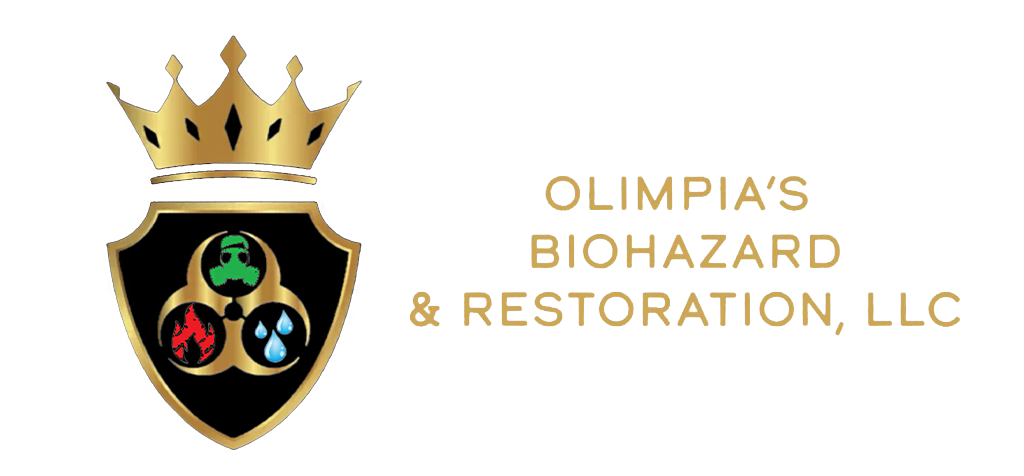Crime scene cleanup professionals play a crucial role in handling the aftermath of traumatic events. They are responsible for restoring the affected areas to a safe and habitable condition, often dealing with blood, bodily fluids, and hazardous materials. However, this profession is not without its challenges. In this article, we will discuss seven common challenges faced by crime scene cleanup professionals and the impact these challenges have on their work.
Discover the challenges crime scene cleanup professionals face. Trust Olimpia’s Biohazard and Restoration LLC for expert solutions.
challenges being faced while involved in a Crime Scene Cleanup:
Crime scene cleanup is a critical and challenging task that requires specialized expertise and attention to detail. Let’s delve into the unique challenges faced by professionals involved in crime scene cleanup and the importance of their crucial work.
Emotional and Psychological Impact
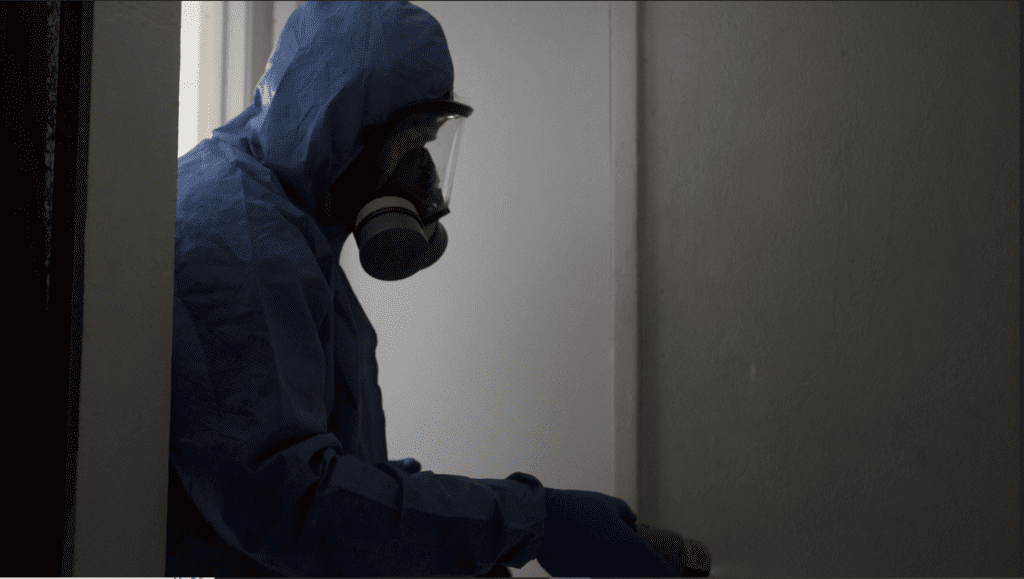

The professionals witness the aftermath of violent crimes, suicides, and accidents, which can have a significant emotional and psychological toll. The constant exposure to such traumatic events can lead to feelings of stress, anxiety, and even post-traumatic stress disorder (PTSD). These professionals need to develop coping mechanisms to deal with the emotional challenges that arise from their work.
Biological Hazards
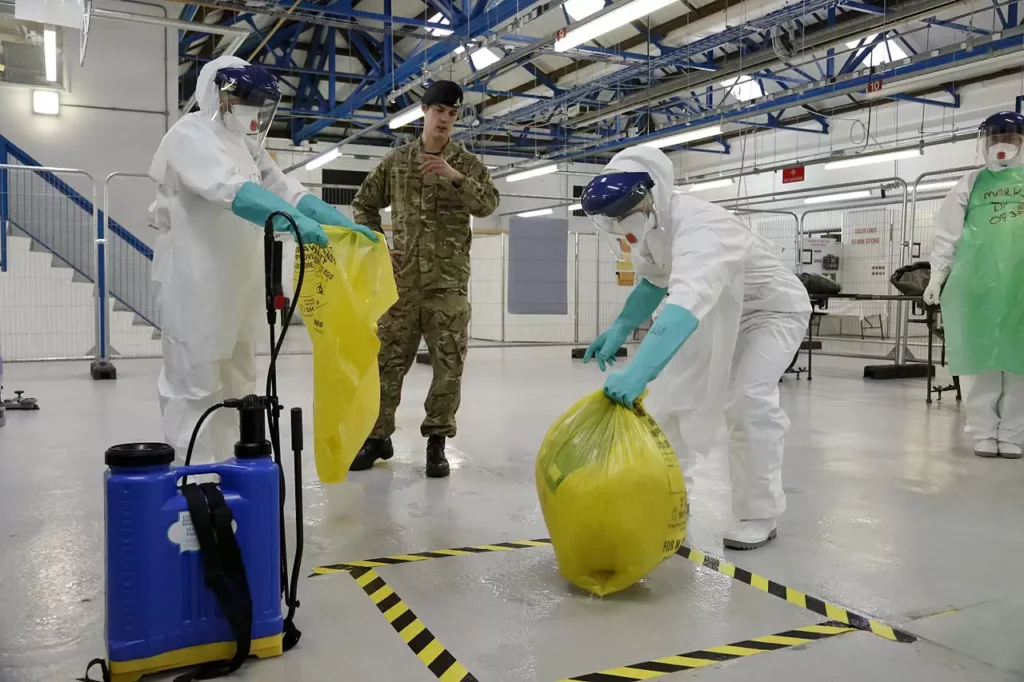

Biological hazards pose significant challenges for crime scene cleanup professionals. They are exposed to blood, bodily fluids, and tissues that may carry infectious diseases, putting their health at risk. Proper handling, containment, and disposal of hazardous materials are crucial to prevent cross-contamination. Crime scene cleanup professionals must be knowledgeable in using specialized cleaning agents and techniques to effectively decontaminate the area. Moreover, the emotional impact of working with such hazards adds an extra layer of challenge. Coping with the distressing sights and managing the associated emotions requires resilience and support
Legal and Regulatory Compliance
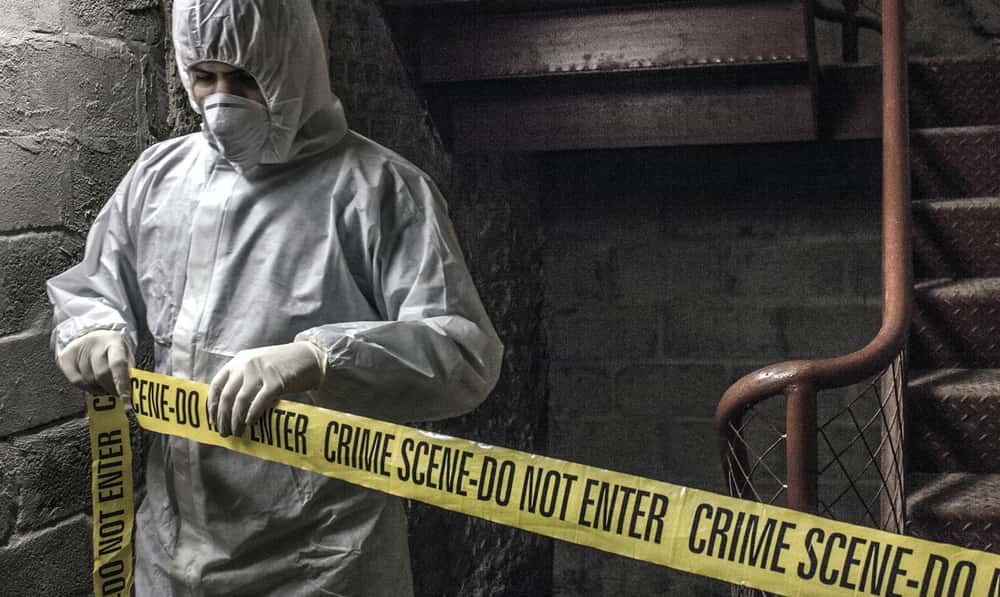

Cleanup after a crime scene is subject to various legal and regulatory requirements. These professionals must adhere to specific guidelines set by government agencies and regulatory bodies. Failure to comply with these regulations can result in legal consequences and penalties. Additionally, crime scene cleanup professionals must handle and dispose of biohazardous waste properly, following local, state, and federal regulations. Staying updated with the ever-changing legal landscape and maintaining compliance can be a challenging aspect of their work.
Time-sensitive Nature of the Job
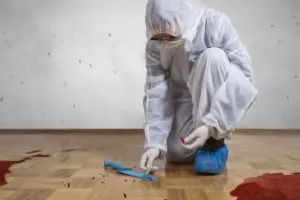

The time-sensitive nature of crime scene cleanup presents unique challenges for professionals in this field. They are often required to respond promptly to restore the affected area. Law enforcement agencies and emergency responders need the crime scene to be cleaned quickly to minimize disruption and allow for proper investigation. As a result, crime scene cleanup professionals may have to work long and irregular hours, including nights, weekends, and holidays. This demanding schedule can impact their personal lives and well-being. It requires strong time management skills, flexibility, and the ability to prioritize tasks efficiently to meet the urgent needs of each situation.
Dealing with Grieving Families


In many cases, crime scene cleanup professionals have direct interactions with grieving families who have lost a loved one. They must exhibit compassion, empathy, and professionalism while working with individuals who are experiencing intense emotional distress. It requires sensitivity and the ability to communicate effectively to understand the needs and concerns of the family members. Providing support and reassurance during such difficult times can be emotionally challenging for crime scene cleanup professionals.
Environmental Considerations
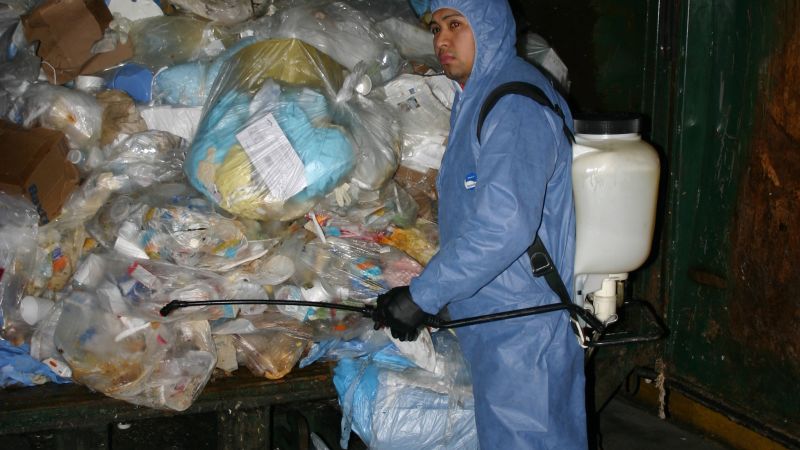

Crime scene cleanup involves the use of various cleaning agents, chemicals, and disinfectants. Ensuring proper disposal of these substances is crucial to prevent environmental pollution. Crime scene cleanup professionals must be knowledgeable about environmentally friendly cleaning products and techniques. They should adhere to guidelines that promote sustainability and minimize the impact on the environment. Balancing the need for effective cleanup with environmental considerations can present challenges and require ongoing education and awareness.
Physical Demands and Hazards
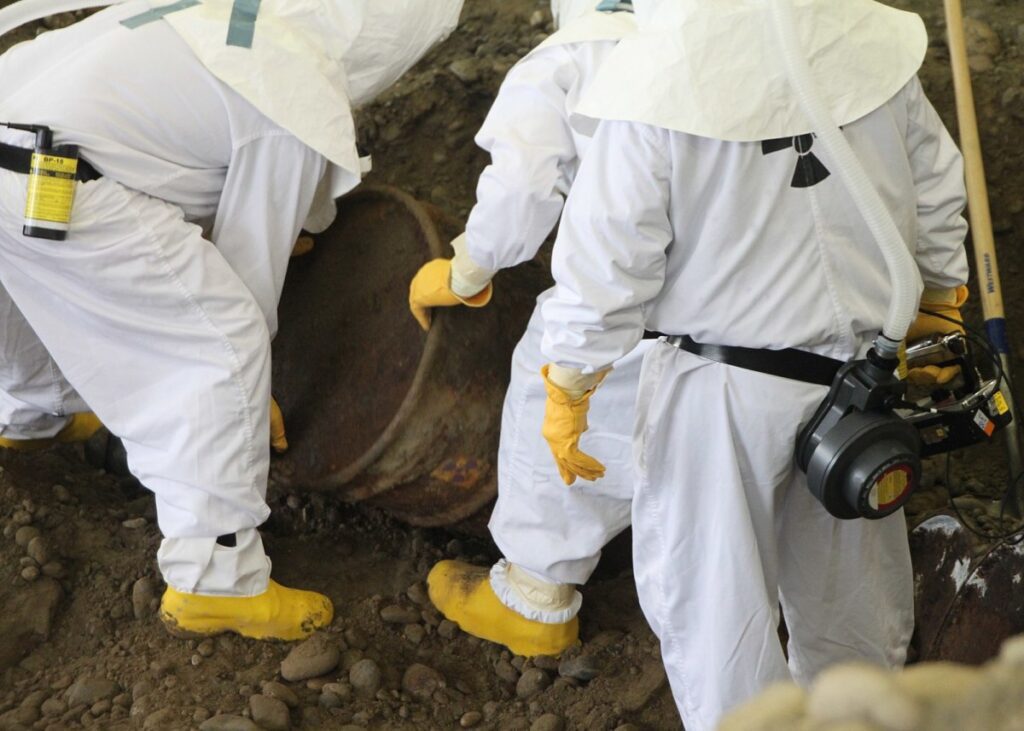

Debunking common crime scene cleanup misconceptions in Portland for a clearer understanding. The physical demands and hazards faced by crime scene cleanup professionals are significant. They often work in physically challenging environments, lifting heavy objects, navigating through cluttered spaces, and working in confined areas. The use of specialized equipment adds to the physical demands of the job. Additionally, they may encounter unforeseen hazards such as broken glass, sharp objects, or structural damage at crime scenes. Staying physically fit, maintaining situational awareness, and following safety protocols are essential to ensure personal safety. It requires resilience, strength, and adaptability to effectively handle the physical demands and hazards encountered in crime scene cleanup.
Risk of Infection and Disease
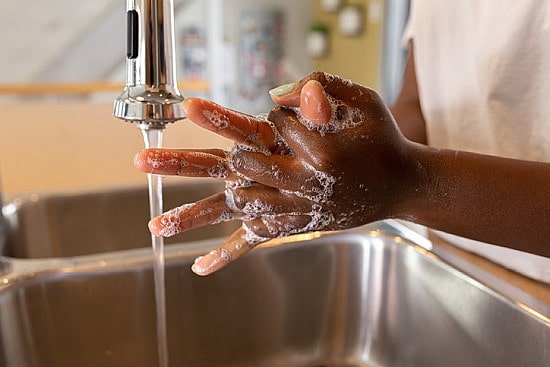

Crime scene cleanup professionals are exposed to potentially infectious materials, including bloodborne pathogens. Despite wearing protective gear, there is always a risk of accidental exposure. Contracting diseases such as HIV, hepatitis, or other infections is a constant concern. Professionals must undergo regular medical check-ups and follow strict protocols for handling biohazardous materials to minimize the risk of infection.
FAQ –
How hard is Crime Scene Clean Up?
Crime scene cleanup is a highly challenging and demanding profession, both physically and emotionally. wanting to Choose a reliable crime scene cleanup service in Portland? Olimpia’s Biohazard and Restoration LLC is your expert choice.
What are 3 qualities that make for a good Crime Scene Cleaner?
Three qualities that make for a good crime scene cleaner are attention to detail, empathy, and the ability to work under pressure.
What skills do you need to be a Crime Scene Cleaner?
To be a crime scene cleaner, you need skills such as biohazardous waste management, knowledge of cleaning techniques, and strong communication and organizational skills.
Where do crime scene cleaners make the most money?
Crime scene cleaners tend to make the most money in major metropolitan areas or cities with high crime rates.
Conclusion
Crime scene cleanup professionals face numerous challenges in their line of work. From the emotional and psychological impact to the physical demands and hazards, each aspect requires careful attention and management. It is essential for these professionals to receive proper training, support, and resources to ensure their well-being and effectiveness in handling these challenges. By addressing these challenges head-on, crime scene cleanup professionals can continue to provide a vital service in restoring safety and normalcy to traumatic situations.
